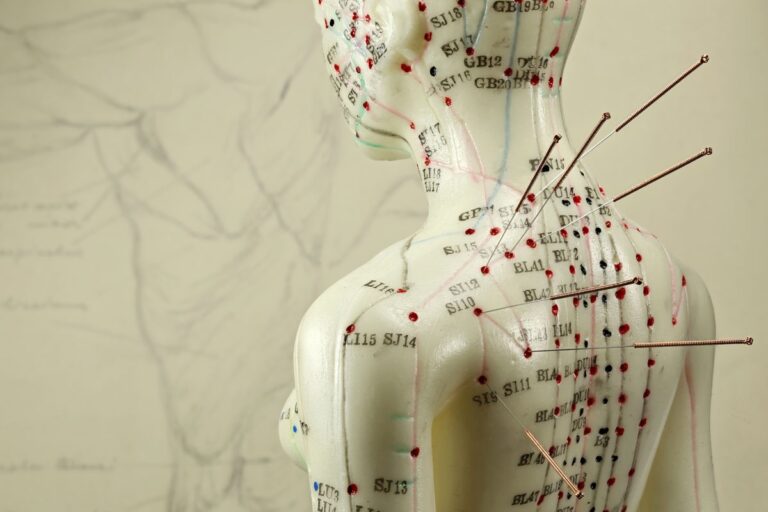Acupuncture has gained recognition as an alternative method for addressing various conditions, including sleep issues such as insomnia. Rooted in traditional Chinese medicine, this practice involves the insertion of fine needles at specific points on the body to stimulate different responses. By focusing on relaxation, regulating sleep patterns, and addressing underlying bodily imbalances, acupuncture offers an approach worth exploring. Here is more information on how this practice may provide benefits for individuals experiencing insomnia:
Regulating Sleep With Acupuncture
The process of acupuncture is designed to influence the body’s energy flow, also known as “qi” or “chi,” according to traditional Chinese medicine principles. By targeting key points, practitioners aim to rebalance this energy flow. While traditional explanations center around energy pathways, modern perspectives suggest that acupuncture may impact the central nervous system. This potentially promotes relaxation and stress reduction.
Certain points are tied to calming effects that may aid those who experience difficulty falling asleep or staying asleep. Locations such as the Shenmen point, located on the ear, or the Anmian point, found near the base of the skull, are frequently used in treatments for sleep-related concerns. By stimulating these points, acupuncture may encourage the body to shift into a more relaxed state conducive to sleep.
Managing Stress and Insomnia
Stress often plays a significant role in the disruption of sleep patterns. Individuals suffering from chronic stress may experience heightened levels of cortisol, a hormone known to interfere with sleep processes. Acupuncture sessions frequently incorporate points that aim to reduce stress and anxiety, creating an overall sense of calm.
Some studies suggest that acupuncture may stimulate the release of endorphins and other neurotransmitters. This can reduce stress and promote feelings of well-being. When stress levels decrease, the body may find it easier to achieve a state of restfulness. The potential link between acupuncture and the parasympathetic nervous system further highlights how this practice could contribute to managing stress-induced insomnia. Regular sessions targeting stress-specific points may lead to improved sleep quality over time.
Addressing Underlying Imbalances
From a traditional Chinese medicine perspective, insomnia is often regarded as a symptom of imbalances within specific organ systems in the body. It is believed that disruptions within the heart, liver, or kidney systems can influence sleep quality. Acupuncture aims to address these imbalances by activating specific points associated with these systems, allowing the body to restore harmony.
Western perspectives align by suggesting that acupuncture’s effects on neurotransmitters and inflammation may address physiological factors contributing to poor sleep. By tackling these underlying causes, this practice may serve as a supportive method for individuals whose insomnia stems from issues. These include things such as chronic pain, digestive disturbances, or emotional imbalances. Combining these treatments with lifestyle adjustments may further improve the likelihood of long-term improvements in sleep quality.
Find an Acupuncturist
Acupuncture offers a method that may enhance relaxation, regulate sleep patterns, and address underlying imbalances contributing to insomnia. With its potential to reduce stress, improve sleep quality, and complement other therapeutic approaches, acupuncture presents an effective avenue for enhancing overall well-being. For those curious about non-invasive and holistic methods to address insomnia, this practice aligns traditional wisdom with emerging scientific insights. Before pursuing this treatment for insomnia, it is advisable to consult with a licensed practitioner who has experience in treating sleep concerns.
- Choosing the Right Plastic Surgeon for Your Cosmetic Procedure
- Understanding Different Types of Laser Treatments for Skin Rejuvenation
- Why a Family Dentist is Key for Maintaining Oral Health
- The Benefits of Regular Visits to a Wellness Spa
- Exploring the Emotional and Psychological Triggers of Eating Disorders


Leave a Reply